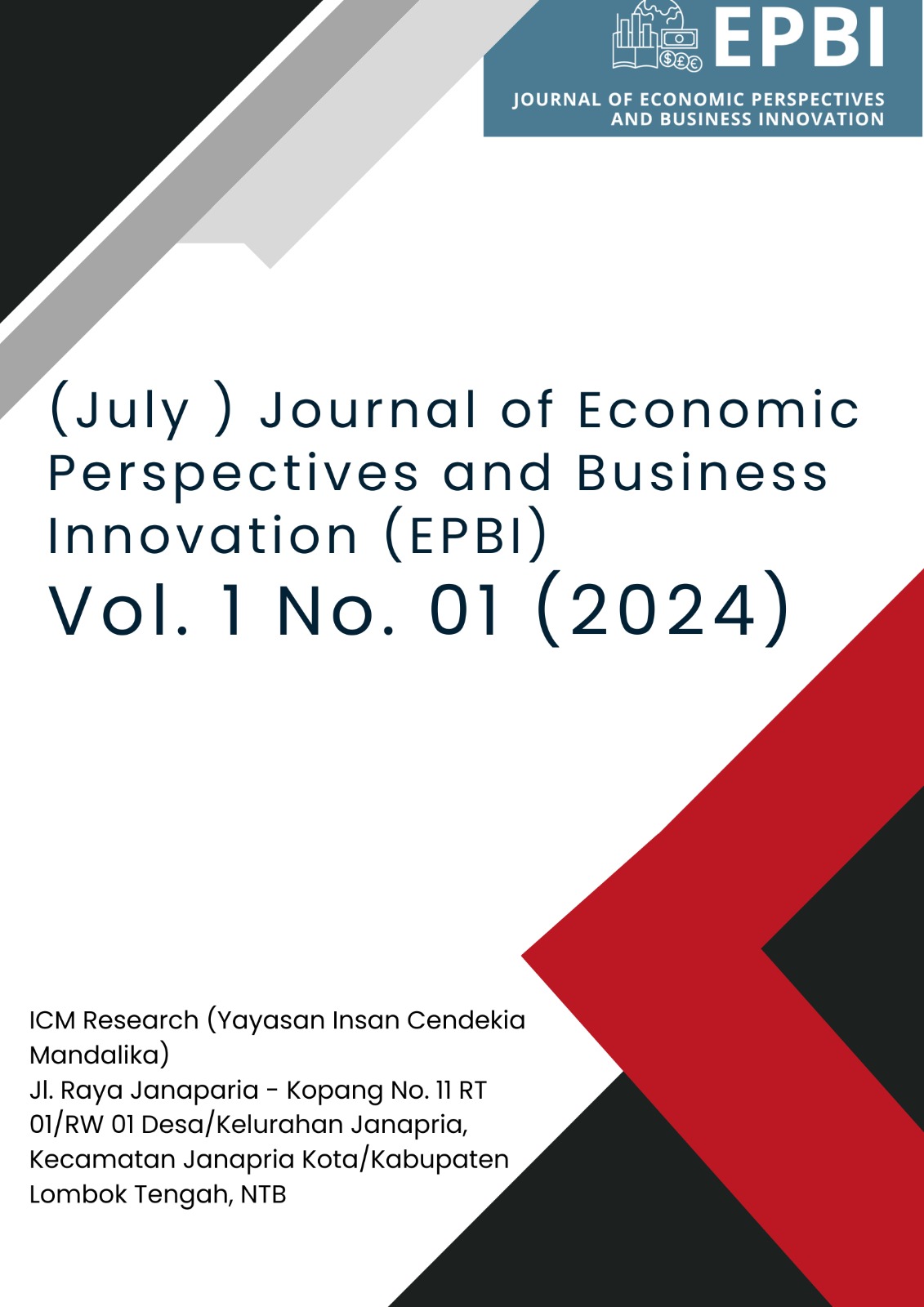STRATEGIES TO CHANGE THE BUSINESS ENVIRONMENT
Keywords:
business strategy, business environment, organizational change, innovation, digital transformationAbstract
AbstractThis study examines various strategies to change and adapt the business environment in response to dynamic economic, technological, and social transformations. The business environment is increasingly influenced by globalization, digitalization, and intense competition, requiring organizations to implement strategic changes to remain competitive and sustainable. This research uses a descriptive and analytical approach based on a literature review and analysis of contemporary business practices. The findings reveal that effective strategies to change the business environment include organizational restructuring, the development of an innovation-driven culture, digital transformation, stakeholder engagement, and adaptive leadership. These strategies enable firms to respond proactively to market changes, enhance operational efficiency, and create long-term value. The study concludes that continuous strategic adaptation is essential for businesses to survive and grow in an ever-evolving business environment.
Keywordsbusiness strategy, business environment, organizational change, innovation, digital transformation






